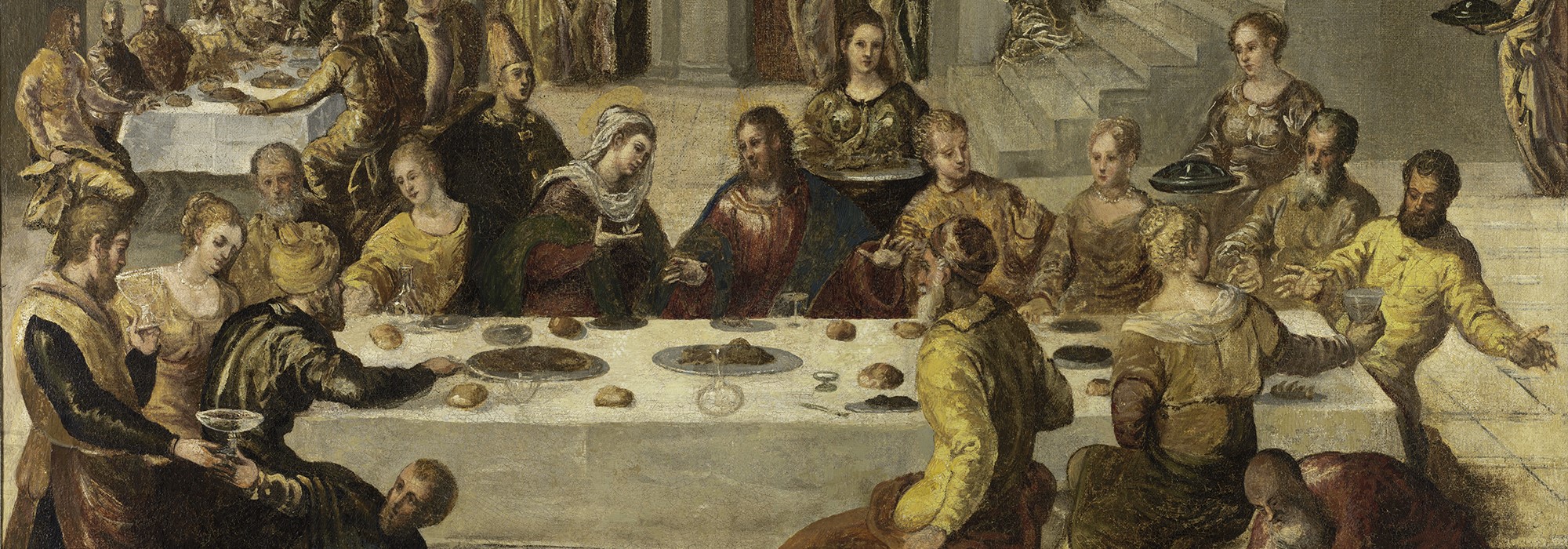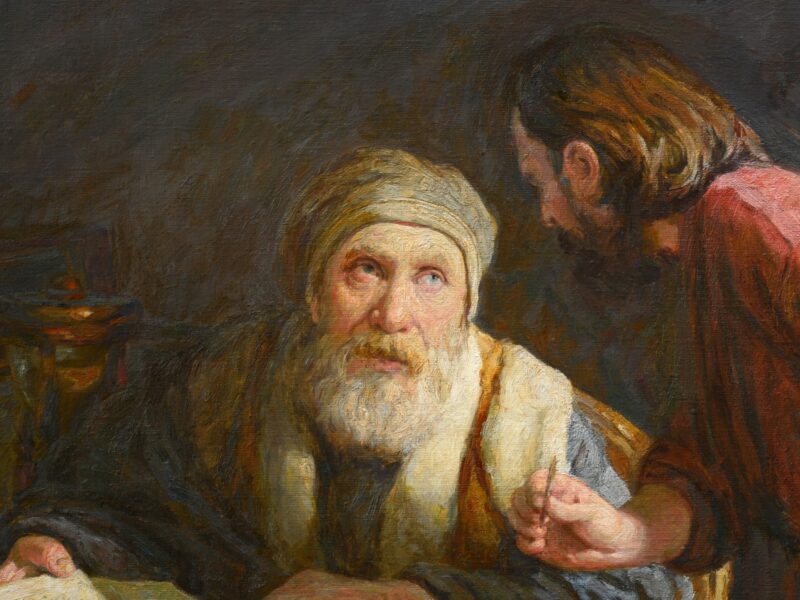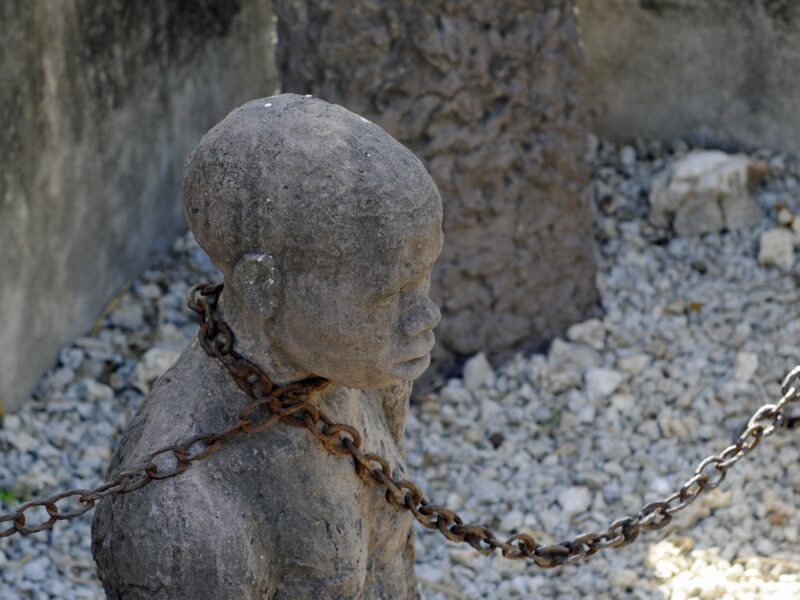
Truly Human
Second Sunday of the Year. Fr David McLean encourages to enjoy a fully human life.
In an age when many are unfamiliar with most tracts of the bible, the wedding feast at Cana is still one that some of the unacquainted recognise. It is a popular choice, even for the preacher, as a reading at weddings. Perhaps because worthy parallels can be drawn with the wedding reception to come. It can also be used to question the validity of the Christian temperance movement. Surely a Christ who is happy to turn water into wine for a wedding feast cannot be against the consumption of alcohol. Then again, perhaps we should not contradict those who seek to address the harm that misuse of alcohol undoubtedly causes in society.
To those unfamiliar with it, much of the bible is very alien. The bible is set in a society with which they are unfamiliar, and it is difficult for them to make sense of what they read. They do not know the geography, the contemporary history, the social customs, or the religious beliefs. From this perspective, it is difficult to jump into the bible and make sense of it. To such people, the wedding feast at Cana stands out from the rest of the bible. It sets a scene they are familiar with – they recognise the wedding reception. There is the comment that people give out the best wine first, and then the cheaper stuff when people won’t notice. Many hosts probably still do the same today! The modern congregation appreciates that running out of wine at a wedding feast is not a good thing. If they were able to help, then that is what they would want to do. So, they see the hero in Jesus who saves the day.
They may think Jesus was a bit rude to his mother, but some may still be sympathetic. Here is an image of a young man who is simply out to enjoy himself with his friends at a wedding and doesn’t want his mother cramping his style. We can all imagine such scenes happening at weddings today. If people relate to the reading, then that gives the preacher something to work with. And that is perhaps the real reason why preachers like to use the wedding feast at Cana as a text for weddings. If a congregation engages with a reading, the preacher can then point them towards a theological sense. This reading shows Jesus as a normal young man. He went to parties and enjoyed them. Jesus was an ordinary young man doing what all young men do. Nobody would have looked at him and thought that he was anything special.
God wants us to enjoy living our human lives. Indeed, God wants to bring our humanity to its fulfilment. God wants us to have a good, fulfilled life rather than an ordinary life. God wants us to have good wine rather than ordinary wine. That good life is found in Jesus. Jesus is the good wine. Human life is not to be repressed or denied. Jesus was an ordinary human being and passed as such for much of the time. His divine origins and authority become apparent in what he did when he encountered hypocrisy and lies. In other words, what he did when he encountered a lack of humanity, whether that be ill-health or ill-will. He healed it.
It did occur to some that Jesus may be something special, but they didn’t realise that his ordinary humanity was important. They asked for a sign. They wanted Jesus to prove that he was something special. Jesus replied to those who wanted a sign, that they had already seen plenty of signs. We are told the wedding feast at Cana was the first of those signs. A sign that people should have seen was that Jesus was a human being who never compromised with a lack of humanity, hypocrisy, or falsehood. People should have seen the virtue of his words and actions, that these meant he came from God, and not any trick he could perform. But they didn’t. They had the good wine all along but didn’t appreciate it.
And neither do we when we compromise with falsehood and make ourselves less than human. Rather than like Jesus, who was fully human.
Readings: Isaiah 62:1-5 | 1 Corinthians 12:4-11 | John 2:1-11
Imagine: detail from The Wedding Feast at Cana by Tintoretto, c. 1545,
from the Isabella Stewart Gardner Museum



Paul Padley
Sound advice as always David!
Best wishes.
Jt M.
It helps to Pls send the reflections earlier in the week (Friday).. not after Sunday
Sheila Barrett
I am searching for the third Sunday of the year reflection. Could you please help me to find it?